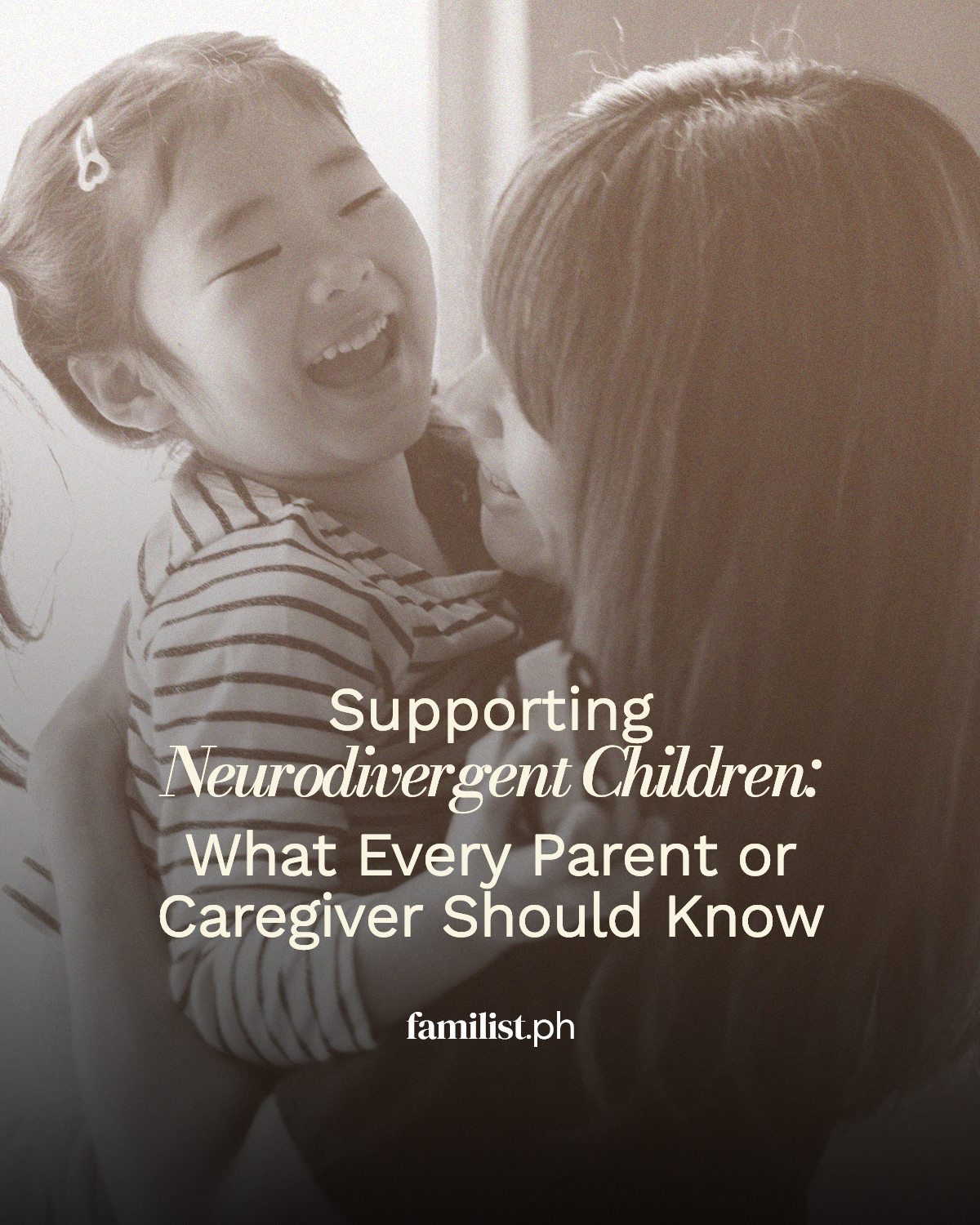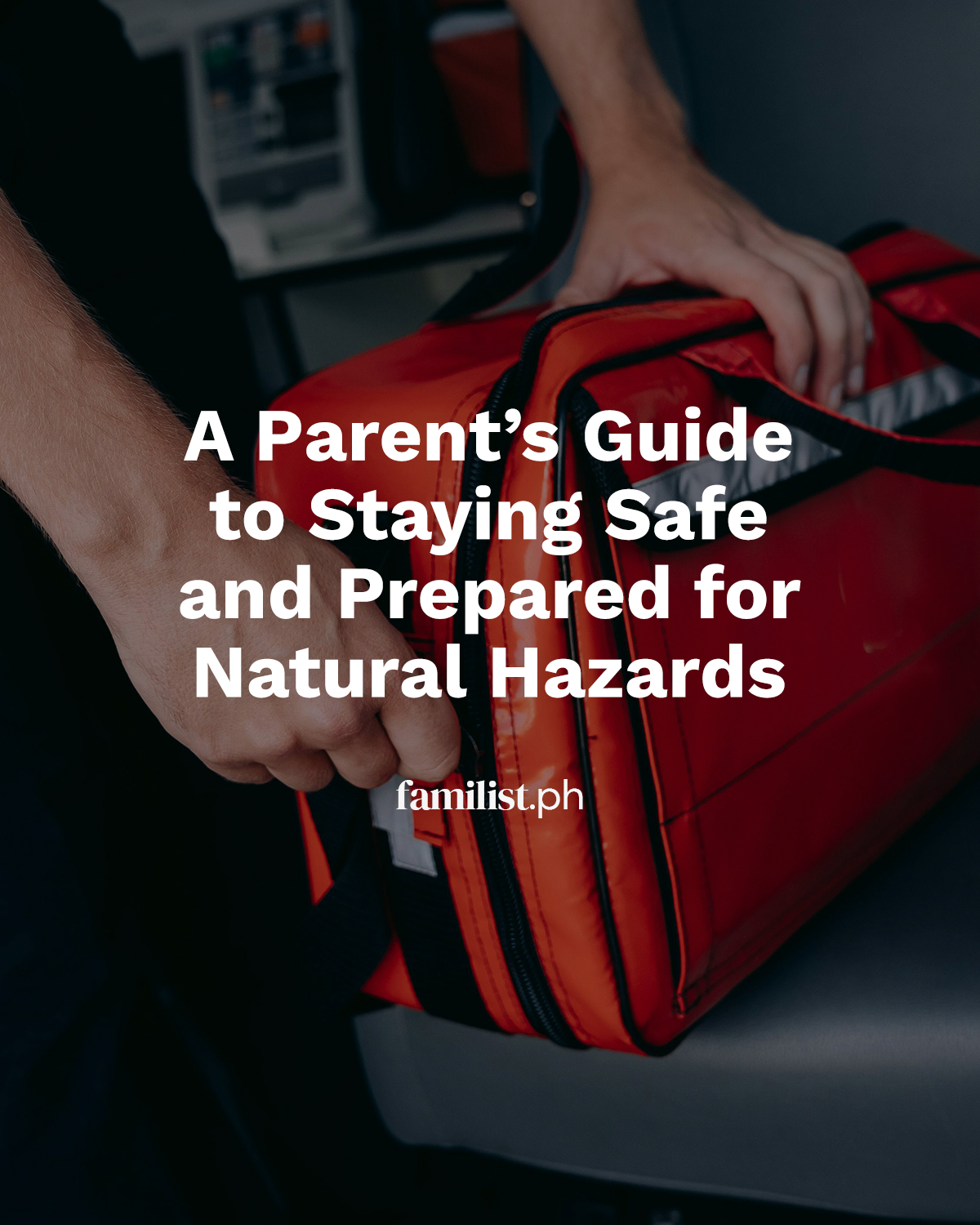As I write this article, I’m constantly checking on my sleeping child via CCTV, as he is at the tail-end of a back-to-back respiratory infection that got me on a wild anxiety spiral (because the first infection landed us in the hospital!).
I know I’m not alone. Flu season is in full swing, and every parent of school-aged kids can feel it. ERs are packed to the brim with sick children (and adults!), the lines at doctors’ clinics are long, and moms and dads are catching whatever their kids had, bringing the whole house down.
If you’re an anxious parent like me, this guide is for you. Knowledge is power – and when we’re armed with the information we need to navigate “sick” season, we can get through it with more confidence and (hopefully) less chaos. Whether it’s the flu or another viral infection (because there are plenty of them circulating!), here’s your primer to what you need, what to do, and how to make decisions as a family during a health challenge.

Continue reading “Surviving Sick Season with Your Little Ones: A Guide for Panicky Parents”






















